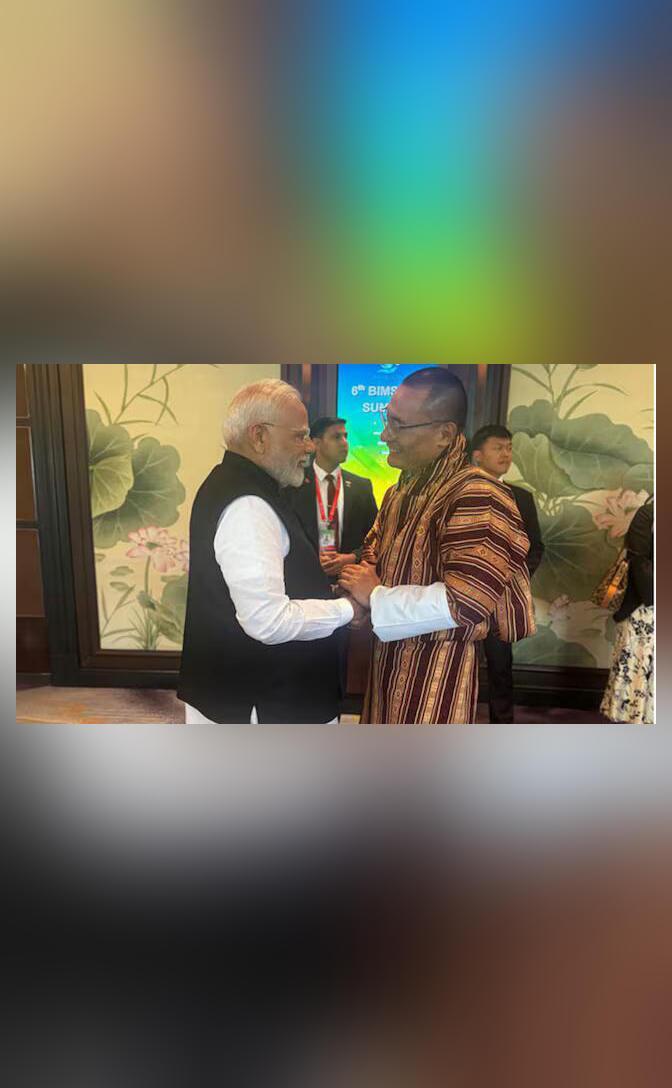
Shocking & Disgusting: RS MP Rekha Sharma on Allahbadia’s Remark
Controversy has been brewing over the past few days, and it seems like it’s not going away anytime soon. The latest spat to make headlines involves Ranveer Allahbadia, a popular YouTuber, and his rather distasteful remark about watching parents have sex. The reaction to this comment has been overwhelmingly negative, with many condemning it as inappropriate and unacceptable.
One of the most prominent voices to speak out against Allahbadia’s remark is Rekha Sharma, a former Chairperson of the National Commission for Women (NCW) and a Rajya Sabha MP. Sharma expressed her shock and disgust at Allahbadia’s comment, labeling it as “very shocking and disgusting”.
In an interview, Sharma said, “I think whether it’s a female or a male, this kind of joke is never accepted by society. Somewhere it shows how today’s youth has stooped down to such a level morally.” Her words are a clear reflection of the widespread outrage and disappointment that has been expressed over Allahbadia’s remark.
Sharma’s comments are significant because they highlight the importance of setting moral standards and promoting a culture of respect and decency. As a public figure, Allahbadia has a responsibility to use his platform responsibly and avoid making comments that could be perceived as offensive or inappropriate.
The controversy surrounding Allahbadia’s remark is not limited to Sharma’s reaction alone. Many other individuals and organizations have also spoken out against his comment, labeling it as insensitive and disrespectful. Some have even called for him to apologize and take responsibility for his actions.
So, what exactly did Allahbadia say that has sparked such outrage? In a recent video, he made a joke about watching parents have sex, saying that it was a common phenomenon. While he may have intended the comment to be humorous, it fell flat with many who found it offensive and inappropriate.
There are several reasons why Allahbadia’s remark was met with such widespread criticism. For one, it perpetuates a harmful stereotype about parents and their relationships. By making light of a private and intimate activity, Allahbadia reinforces harmful attitudes towards sexuality and romantic relationships.
Furthermore, Allahbadia’s comment is problematic because it objectifies and sexualizes parents, reducing them to mere objects of titillation rather than complex individuals with their own agency and autonomy. This kind of language and thinking is harmful and dehumanizing, and it perpetuates a culture of disrespect and exploitation.
In addition to these ethical concerns, Allahbadia’s remark is also problematic because it trivializes and normalizes inappropriate behavior. By making light of something as private and intimate as sexuality, Allahbadia sends a message that it’s okay to be inappropriate and disregard the boundaries and privacy of others.
This is a dangerous message, especially for young people who are still developing their sense of morality and ethics. When we trivialize and normalize inappropriate behavior, we create a culture where people feel comfortable pushing boundaries and disregarding the rights and privacy of others.
In conclusion, Rekha Sharma’s reaction to Allahbadia’s remark is a clear reflection of the widespread outrage and disappointment that has been expressed over his comment. While Allahbadia may have intended his comment to be humorous, it fell flat with many who found it offensive and inappropriate.
As a society, we need to set moral standards and promote a culture of respect and decency. We need to teach young people the importance of respecting boundaries and privacy, and we need to hold public figures like Allahbadia accountable for their actions.
Sources:






